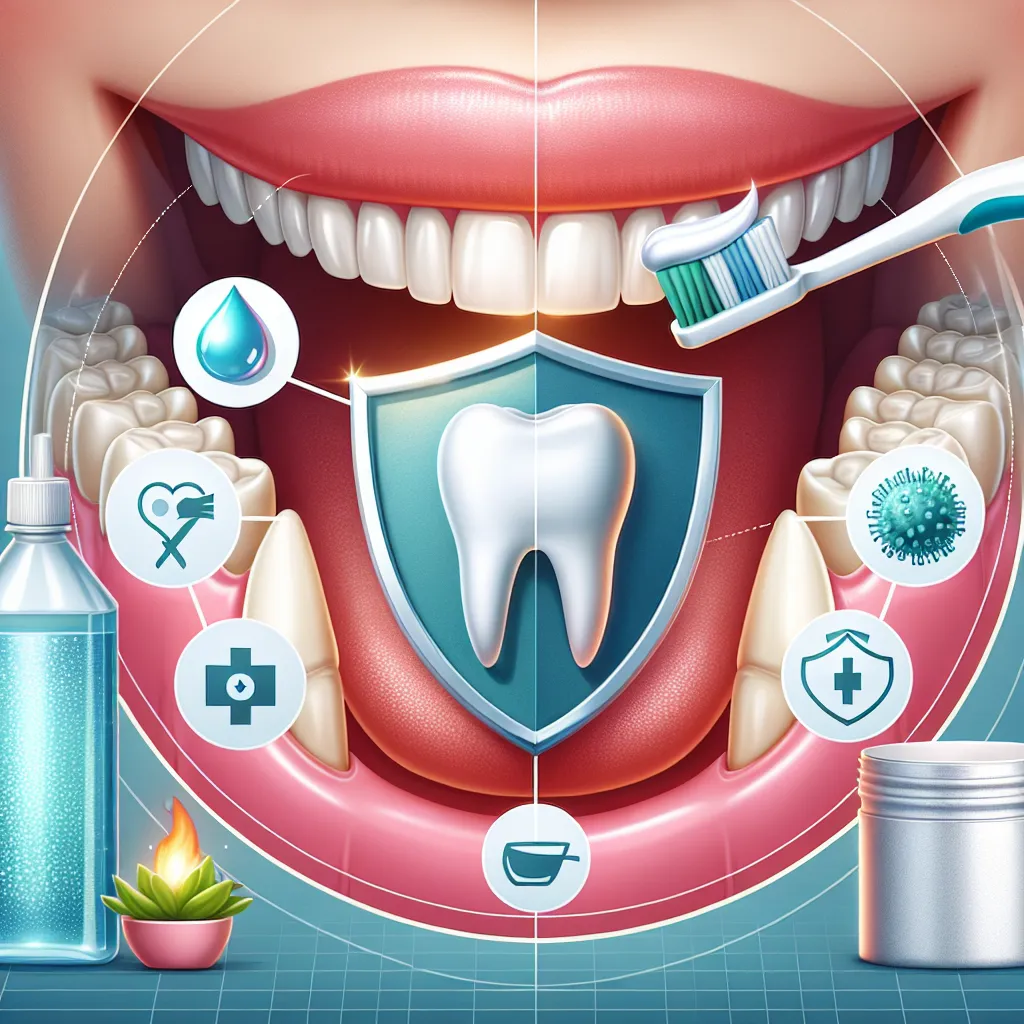
Enhancing Oral Health, Preventing Decay, and Ensuring Protection
Protecting teeth through the use of dental sealants is a crucial aspect of maintaining optimal oral health. This comprehensive guide explores the significance of dental sealants in preventing tooth decay, the process of application, its benefits, and the essential long-term maintenance required for ensuring lasting protection. Understanding the importance of dental sealants is key to promoting overall dental well-being and preventing costly dental issues in the future.
The Importance of Dental Sealants in Preventing Tooth Decay
When it comes to maintaining good oral health, dental sealants play a crucial role in preventing tooth decay. These thin plastic coatings are applied to the chewing surfaces of teeth to protect them from plaque and acid attacks, especially in the hard-to-reach grooves and pits where bacteria often hide.
1. Understanding Dental Sealants
Dental sealants are typically recommended for children and teenagers as soon as their permanent molars and premolars come in. However, adults can also benefit from sealants to safeguard their teeth against decay. The process of applying sealants is painless and quick, providing long-lasting protection for your teeth.
2. How Dental Sealants Work
Sealants act as a barrier, preventing food particles and bacteria from settling into the crevices of your teeth. By sealing off these vulnerable areas, sealants reduce the risk of cavities forming and protect the enamel from erosion. It’s like giving your teeth a shield against decay!
3. Benefits of Dental Sealants
One of the main advantages of dental sealants is their effectiveness in preventing tooth decay. They can significantly reduce the incidence of cavities, saving you from potential pain, discomfort, and costly dental treatments down the road. Moreover, sealants are a cost-effective way to maintain oral health and ensure a bright smile.
4. Caring for Dental Sealants
To maximize the benefits of dental sealants, it’s important to practice good oral hygiene habits. Regular brushing, flossing, and dental check-ups are essential for keeping your sealants in top condition. Avoid biting down on hard objects or using your teeth as tools to prevent damage to the sealants.
5. Conclusion
In conclusion, dental sealants serve as a valuable protective measure in the fight against tooth decay. By investing in sealants and maintaining proper oral care, you can ensure the long-term health and vitality of your teeth. Don’t wait until problems arise – take proactive steps to shield your smile with dental sealants!
Application Process and Benefits of Dental Sealants
When it comes to oral health, one of the essential procedures for protecting teeth is the application of dental sealants. These thin plastic coatings are applied to the chewing surfaces of the back teeth, sealing off the deep grooves and pits where cavities commonly form. The process is simple yet highly effective in preventing tooth decay, especially in children and adolescents.
1. Application Process
The application process of dental sealants is quick and painless. First, the teeth are thoroughly cleaned and dried. Then, an acidic solution is applied to roughen the surface of the teeth, which helps the sealant bond better. After rinsing and drying the teeth again, the sealant material is carefully painted onto the grooves of the teeth. A special curing light is used to harden the sealant, forming a protective shield over the tooth surface.
2. Benefits of Dental Sealants
One of the primary benefits of dental sealants is their ability to prevent cavities. By creating a physical barrier that blocks out bacteria and food particles, sealants reduce the risk of decay in the deep crevices of the teeth. Additionally, sealants are a cost-effective way to maintain oral health, preventing the need for more extensive and expensive dental treatments in the future.
Furthermore, dental sealants are especially beneficial for children and teenagers who may not have developed proper brushing and flossing habits. The sealants provide extra protection during these formative years, ensuring that their teeth stay healthy and strong well into adulthood.
Long-Term Maintenance and Care for Dental Sealants
When it comes to ensuring the longevity and effectiveness of dental sealants, proper maintenance and care are key factors to consider. Here’s a comprehensive guide on how to maintain and take care of your dental sealants for the long term.
1. Regular Dental Check-Ups
One of the most important aspects of maintaining dental sealants is to attend regular dental check-ups. These visits allow your dentist to monitor the condition of the sealants and make any necessary repairs or reapplications as needed.
2. Good Oral Hygiene Practices
In addition to dental check-ups, practicing good oral hygiene is essential for the longevity of dental sealants. Brushing your teeth twice a day, flossing regularly, and using an antibacterial mouthwash can help protect your sealants from decay-causing bacteria.
3. Avoiding Hard or Sticky Foods
While dental sealants are durable, they can still be damaged by eating hard or sticky foods. Avoid biting down on hard objects like ice cubes or candies, and steer clear of sticky treats that can pull at the sealants.
4. Protective Mouthguards
If you engage in sports or physical activities that pose a risk of dental injury, wearing a protective mouthguard is crucial. A mouthguard can help shield your teeth and sealants from impact, preserving their integrity.
5. Limiting Acidic and Sugary Foods
Avoiding excessive consumption of acidic and sugary foods is beneficial not only for your overall oral health but also for the longevity of dental sealants. These foods can contribute to enamel erosion and compromise the effectiveness of the sealants.
6. Avoiding Teeth Grinding
Bruxism, or teeth grinding, can exert undue pressure on dental sealants, leading to premature wear and tear. If you suffer from bruxism, wearing a protective nightguard can help safeguard your sealants while you sleep.